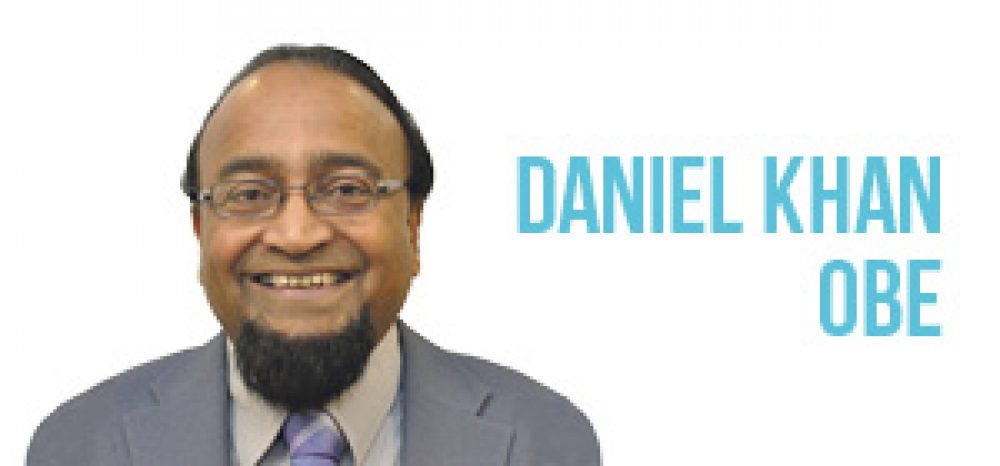The success of a college needs to be measured in broader terms than success rates alone, says Daniel Khan
When I was a principal of a large college of FE and HE, my managers, governors and I looked at the chief inspector’s annual report to give us a qualitative position of the sector and one more source of information that we could benchmark our own performance against.
This year’s annual report indicates that nearly two thirds of colleges are good or outstanding.
This is a robust and sound result when the inspection framework is changing and more challenging, and colleges are needing to diversify and maximise their funding streams and re-examine, revisit and restate their missions.
The annual report no longer provides a view of the quality and health of provision in the sector since it is now driven by a risk-based approach; outcomes therefore are skewed towards the more challenged end of the spectrum, where work continues to be done.
The inspections also do not any longer reflect the whole of a college’s provision, which means that much positive and vibrant work may be missed.
The new Common Inspection Framework places a high priority on the quality of teaching and learning and the role that leadership and management has in raising standards.
No one can argue with this sentiment but there is little discussion and information on the methodology used to arrive at the inspectors’ judgments – and we all recognise that teaching and learning is, in part, an art and not a science!
Therefore I support and endorse the view that the success of a college needs to be measured in broader terms than by success rates on qualifications alone.
The report highlights the variability in the schools sector and some examples of strong improvement are highlighted, but some areas are still struggling.
Colleges need the flexibility to respond to what learners both need and want”
Many colleges are working with their school partners to share experiences and practices to ensure that students are ready for the new and modern economy. We understand to move forward we have to be true to ourselves.
Education Secretary Michael Gove continues to ignore FE; Labour, at its annual conference, called for a gold standard qualification for young people to aim for, the Technical Baccalaureate.
That means every young person studying English and maths until 18 alongside more rigorous vocational courses, higher apprenticeships and a quality work experience placement.
What about the deal for adult learners? Are there enough adults getting the quality provision that they deserve?
Colleges need the flexibility to respond to what learners both need and want; and the government must ensure that the right incentives and funding systems are in place to support good and outstanding learning.
NIACE agrees that judging providers on their success rates alone is poor proxy for the attainment of real skills that are valued by employers.
There is also an agreement that sustained employment is a key outcome – hopefully, recent announcements on the links between the employment and skills systems will support this.
Adult learning is important for communities, it improves health and civic engagement and job opportunities.
A mature sector recognises that all is not perfect and seeks partnerships to drive up standards. But let us not forget that change continues at a staggering pace and we should not lose the significant gains made. The journey to excellence is endless…
Professor Daniel Khan is chief executive
of the Open College Network









Your thoughts